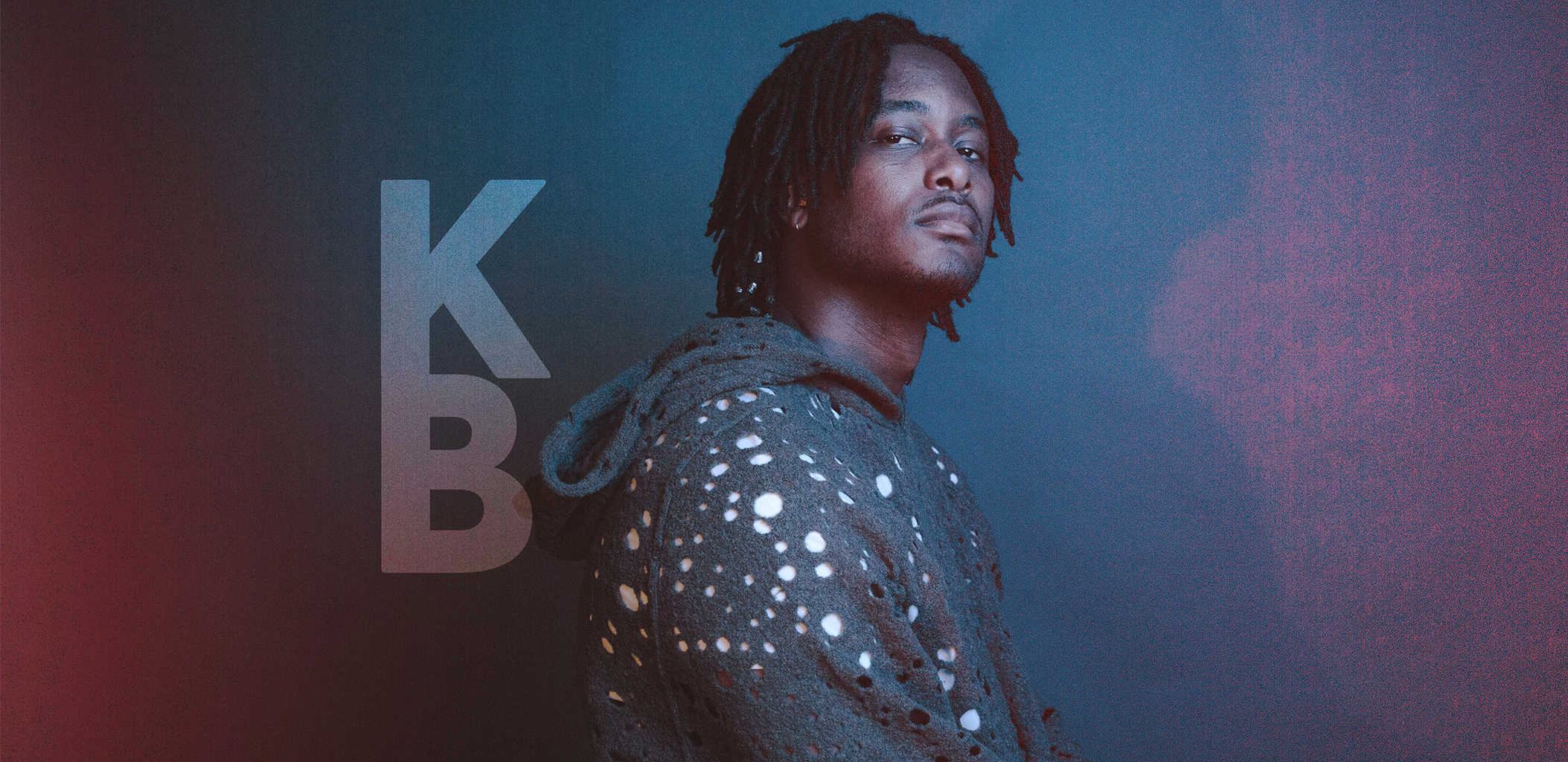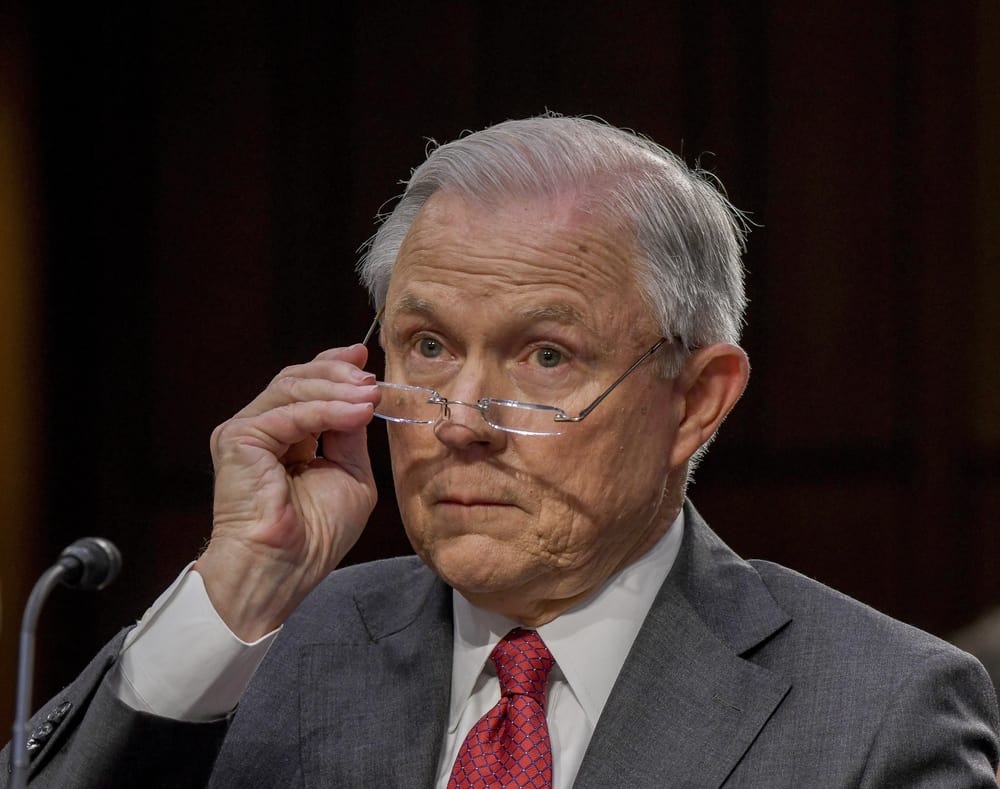
A defiant Kevin Burgess, better known as “KB,” announces over the glass-rattling bombast of “DNOU (Don’t Nobody Own Us),” Radio hasn’t bought this / Way, way too exhausted / to tap-dance for your profits.
Those unaware of the history of minstrelsy may miss the racially charged historical reference stitched into those bars: It’s a callback to a racist and dehumanizing form of American entertainment from the 19th century that depicted black people as thick-headed buffoons who tap-danced for the enjoyment of white audiences.
KB is pulling no punches. Even if he has to make some people uncomfortable while doing so, he’s on a mission to change the way Christians talk about faith and justice.
“Our lives should be reflections of the character of God, which is where I think a lot of this conversation has to start,” he explains. “When we talk about race or injustice on every level, [we care about it because] it is not a reflection of who our God is. He is a just God.”
 HUMBLE BEGINNINGS
HUMBLE BEGINNINGS
Always a dissenter, KB’s story began in a rough neighborhood in St. Petersburg, Florida, where drugs and violence were a part of daily life.
Lit that’s immeasurable, new intellectual, yeah / I was the Oreo; I was the Oreo comin’ up / Told ‘em, “At least I’ma get my degree,” he raps on the song “Monster,” alluding to his aspirations to break out of the hood.
Again, he uses another intentionally loaded turn-of-phrase: “Oreo” is a pejorative that kids use against black kids who “act white,” that is, they live outside of black stereotypes by doing anything from listening to classical music to wanting to pursue higher education.
Young KB was guilty of both as an honor student and concert trumpeter who enrolled in Trinity College at the age of 16 to earn
a degree in theology. Bible college is also where KB founded the hip-hop group His Glory Alone (HGA) with fellow spiritually minded rappers. They eventually caught the interest of Lecrae and earned a spot on the roster at Reach Records.
Since then, KB has consistently pushed back on the expectations of mainstream hip-hop and evangelical Christian subculture, earning a sizable following in the process (his recent releases have more than 20 million spins on Spotify).
CHANGING THE CONVERSATION
KB believes that rebellious conversations about faith and justice begin with personal transformation.
He says it begins with “understanding that justice and compassion are a part of the character of God—His heart for those who are hurting, those who are broken, those who are experiencing injustice and oppression—spending lots of time on that, letting that get deep into who we are.”
In that way, the righteous insurgency he intends to lead is as spiritual as it is societal. “One thing I wanted to make very clear
on this album is that Jesus is the Savior of all mankind,” he explains. “When He comes and does good, it affects everyone. That means if I, as an American, am experiencing a freedom and a sort of goodness that my neighbors in Syria or Iraq or any given country are not, then we, as a human race, are in trouble.”
For him, rebellion is also bigger than identity politics and partisan affiliations. “Your allegiance does not belong to your nation,” he says. “It does not belong to your political identity. It belongs to the Kingdom of God.”
Even though his words convey that the endgame of rebellion is unity, it doesn’t mean the journey there will always be pleasant. KB spits some uncomfortable truths on this album.
His boldest, most rebellious moment comes in a takedown of Christian white supremacy on the song “New Portrait.”
How can an African like me get the vision / When these preachers owned slaves / But taught that freedom was Christian? he raps.
Then he responds with a verse about Jesus of chilling creedal proportion: Brown Middle Eastern, definitely wasn’t white / … committed His life to a interracial bride / … God of the oppressed, even in it, He still thrives.
Martin Luther King, Jr. once said that “Peace is not merely the absence of tension, but the presence of justice.”
On his album Today We Rebel, KB boldly insists on the latter.
No tap-dancing.
Related Posts
That's ours.























